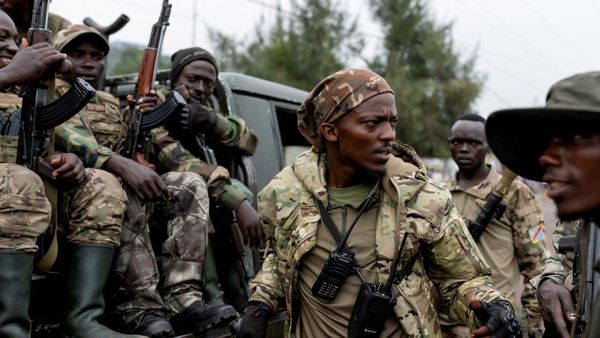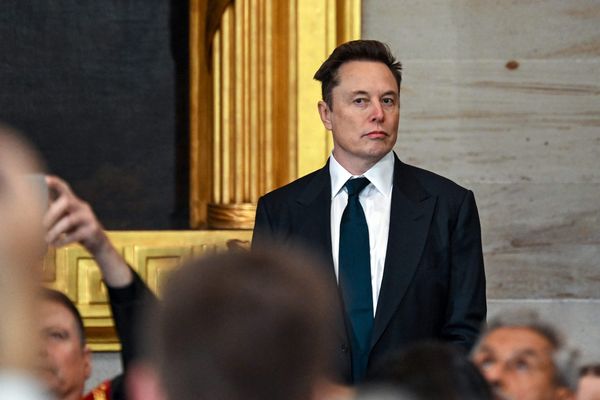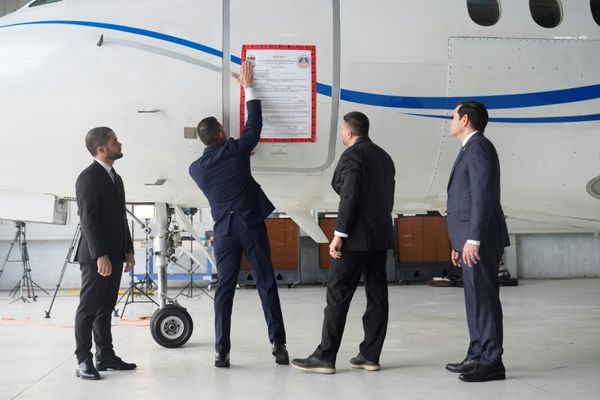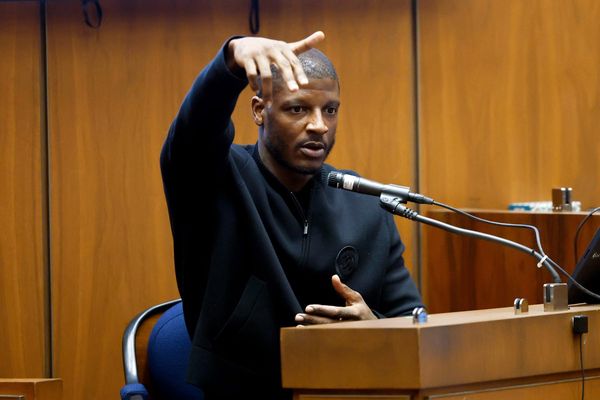The Madras High Court on Saturday found fault with the authorities for not informing in advance about precautions taken for the burial of a doctor, who died of coronavirus (COVID-19) infection in Chennai, while granting bail to 12 people arrested in connection with the prevention of his interment.
Local residents protest cremation of doctor’s body in Chennai
It observed that the accused obstructed the burial of the 55-year-old neurosurgeon fearing spread of the virus in their locality and that they would not have done so if the authorities had informed in advance about the precautions taken. Justice M. Nirmal Kumar granted bail to the 12 accused in the case.
On April 20, a mob falsely fearing that the burial of the remains may lead to the spread of contagion had attacked the Corporation health employees and associates of the deceased doctor.
The doctor’s wife and son also had to leave the burial ground at Velangadu in view of the violence.
The body was brought to Velangadu as people of Kilpauk area had opposed his burial there.
Over a dozen men involved allegedly in violence were arrested and remanded to judicial custody.
”... if the authorities had informed in advance about the procedure of burial and the precaution measures followed by them, the residents apprehension about the spread of virus would have been dispelled and such protest would not have occurred. Further the burial was at odd hours,” he observed.
However, as a condition for bail, the court directed that the accused not to commit any offence of similar nature.
Seeking bail, the accused submitted that they were local residents, living near the burial ground and were not educated and worldly wise.
“On the date of occurrence, news spread among them that a body of person who died from COVID-19 is to be buried near their resident cemetery without taking any precautions, they apprehended the virus would spread and affect the local residents.
When they sought an explanation, the authorities took the body to some other place,” they said.
Opposing the bail, the prosecution submitted that the officials were not allowed to discharge their duties and that the body of the doctor was not allowed to be buried at the Kilpauk cemetery. The officials were chased away.
Despite the explanations given by the officials, the residents objected to the burial of the doctor’s body at the crematorium and forced the officials to retreat with the remains. Their acts were offensive, he said.







